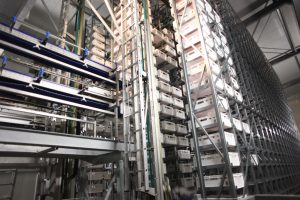
An IT solution from CSB-System is managing all the business processes at Belgian beef… Read more »

An IT solution from CSB-System is managing all the business processes at Belgian beef… Read more »

Technology consultancy Cooper Software is to extend its ERP solution with pet food manufacturer,… Read more »
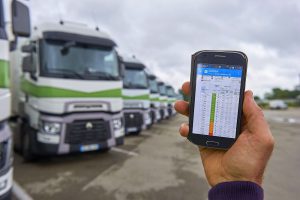
Renault Trucks is extending its Optifleet onboard telematics solution with a new functionality to… Read more »
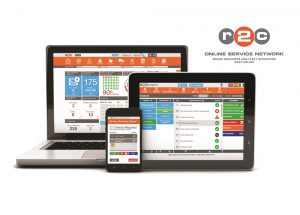
r2c Online, the company responsible for the ground-breaking platform to manage commercial fleet compliance… Read more »

SDI Group, the global integrator of automated materials handling systems, has introduced a new,… Read more »

Kinaxis Inc. , a global leader in end-to-end supply chain orchestration, has announced that… Read more »
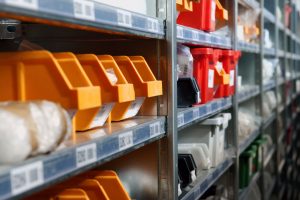
Manhattan Associates has announced Manhattan Active® Supply Chain Planning (SCP), the industry’s first unified… Read more »
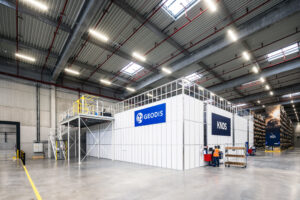
GEODIS has recently commissioned an AutoStore system provided and installed by Dematic at a… Read more »

Warehouse technology innovator, Synergy Logistics, has promoted Brian Kirst (pictured) to Chief Commercial Officer… Read more »

Outside of fantasy novels, nobody has a crystal ball to see into the future.… Read more »

The King’s Awards for Enterprise are the only awards to have the imprimatur of… Read more »
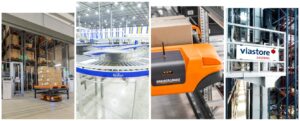
Toyota Industries Corporation (TICO) has launched Toyota Automated Logistics Group (TALG) to house its… Read more »
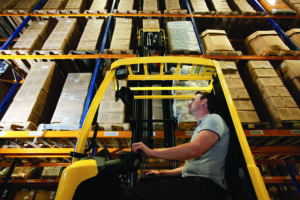
Robert O’Donoghue from Hyster Europe reveals the key trends and challenges affecting industrial manufacturing… Read more »
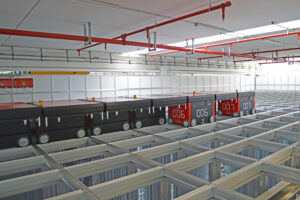
Dematic has recently finalised the delivery and installation of an AutoStore system for Righi… Read more »
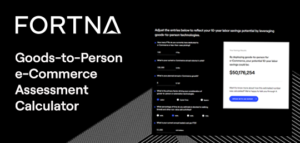
FORTNA, a leading automation and software company for the full logistics value chain, today… Read more »

The latest data from Manpower Group reveals that the net hiring intent for businesses… Read more »
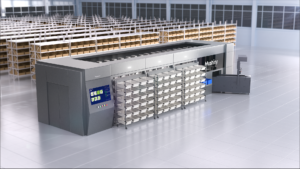
Mushiny, a global supplier of intelligent logistics automation systems, has launched a groundbreaking and… Read more »

Supply chain visibility is the nirvana for most supply chain and logistics managers. It… Read more »

Ian Cairns (pictured), Sales Director at TalkTalk Business discusses why a resilient network is… Read more »
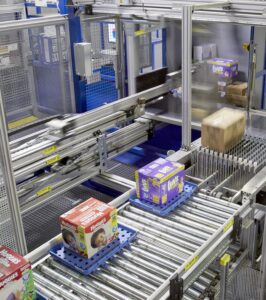
At the end of December 2023, MERCADONA awarded the WITRON Group with the construction… Read more »

Every industry, from retail to construction, relies on its supply chain for processes and… Read more »
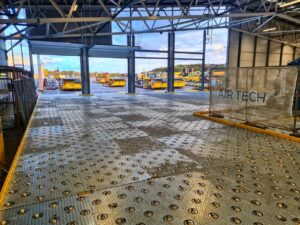
Joloda Hydraroll Ltd, material handling expert and global loading and unloading solutions specialist, has… Read more »

Körber announced today the launch of three solutions set to augment and elevate warehouse… Read more »
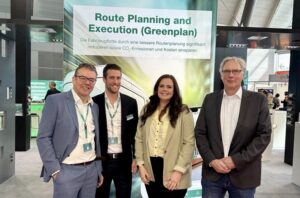
The aim of the partnership between EPG’S Greenplan and customer Anaxco is to combine… Read more »
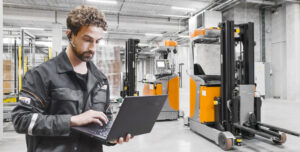
STILL, the Hamburg-based intralogistics provider, is systematically expanding its service concept and will soon… Read more »
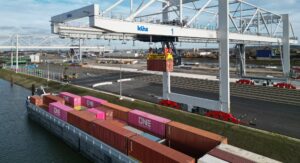
INFORM is poised to enhance the Duisburg Gateway Terminal (DGT) operations through its advanced… Read more »

Descartes Systems Group, announced that U.K.-based fashion retailer LOVALL, formerly known as Love Leggings,… Read more »
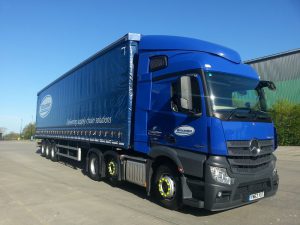
Major infrastructure projects rely on supply chains being resilient in the face of unexpected… Read more »
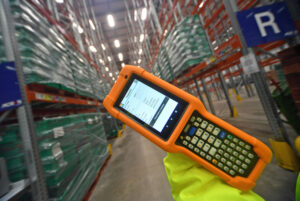
US and UK-based Synergy Logistics has partnered with leading industry solutions adviser, Supply Chain… Read more »

Stoecklin Logistics, a leading provider of automated material handling and warehouse storage systems, announced… Read more »

Manhattan Associates comments on how retailers can adapt and beat major and ongoing supply… Read more »
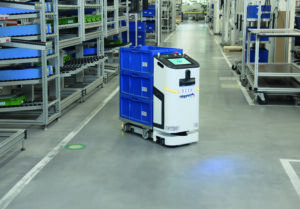
Smart automation solutions for the entire inbound and outbound logistics and intralogistics process are… Read more »
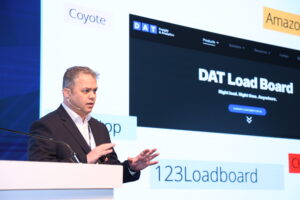
We can observe that all small or large scale businesses are in a serious… Read more »
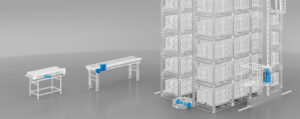
Bonfiglioli boosts its intralogistics participation at LogiMAT with two booths: the first, in the… Read more »
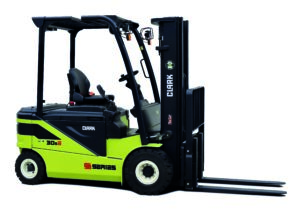
Clark is presenting the new S-Series Electric to the public for the first time… Read more »

Past mistakes should inform, but not inhibit, the adoption of new technologies within the… Read more »
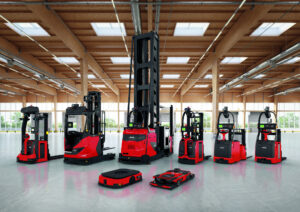
Companies aiming to improve their competitiveness through more highly automated intralogistics will find everything… Read more »
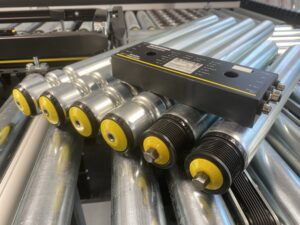
Ed Wainman, Aftersales Manager at Conveyor Systems Limited (CSL) explores the vital role conveyor… Read more »
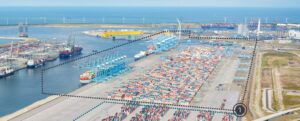
ABB and crane builder Kuenz, headquartered in Austria, have secured the largest single order… Read more »

The Red Sea, a vital trade route connecting Asia, Africa, and Europe, has faced… Read more »
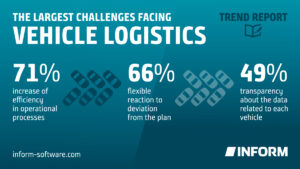
INFORM, a leading software developer specializing in artificial intelligence and operations research, is thrilled… Read more »

Supply chain disruption: how to navigate ‘never normal’ distribution networks, by Andy Grygiel (pictured),… Read more »
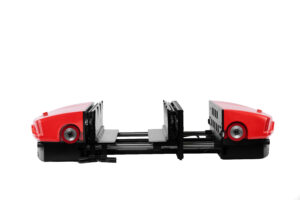
HWArobotics showcased its high quality, reliable and efficient shuttle automated storage and retrieval systems… Read more »
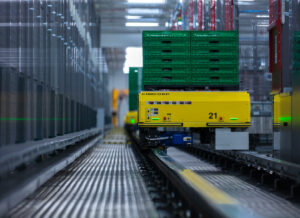
Cimcorp is a pioneer in intralogistics solutions, simplifying material flows and improving customers’ profitability… Read more »